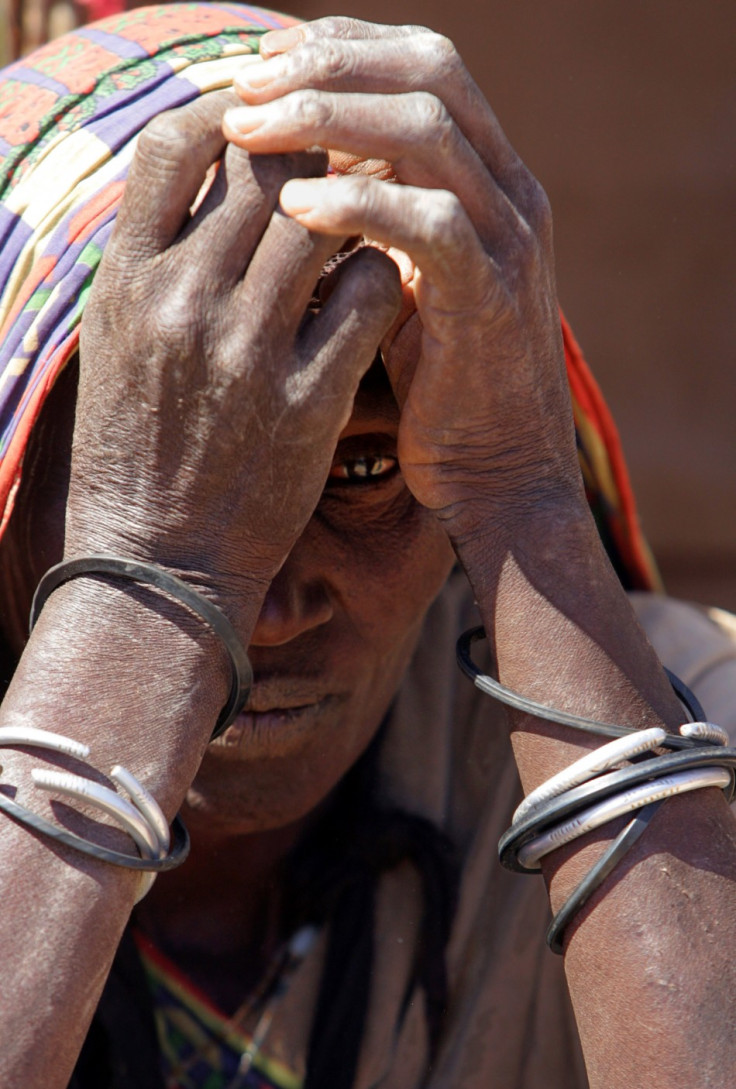Somalia: The UN forced to Work Under Islamist Group Supervision

The UN Humanitarian Co-ordinator for Somalia, Mark Bowden, says aid is being provided to camps controlled by the Islamist group al-Shabab.
Mr Bowden told the BBC that aid was being given through al-Shabab's drought committees, which run the camps.
Defending the UN's position, Mr Bowden said this could be tolerated as long as the aid was delivered according to humanitarian principles.
According to Mr Bowden, the situation is so severe and urgent that it is vital to scale up aid operations inside Somalia, as more than 10 million people are now threatened by drought and famine.
However, working hand in hand with al-Shabab remains a controversial move and the Islamic group has been fighting the Somalian government for years, destabilising the country and hindering any chances of a stable institutional framework.
Al-Shabab, which simply means "The Youth" in Arabic, is believed to be largest group among several Islamist and clan militias battling the transitional government in Somalia.
The group was formerly the military wing of the deposed Islamic Court Union (ICU) that controlled much of central and southern Somalia in late 2006, but their troops were forced out of the country by Ethiopian troops in support of the weak but UN backed interim government.
Despite calls for a cease fire, the group repeatedly refused to engage in the peace process that brought elements of the Islamic courts into the government earlier this year.
While Sharif Ahmed, a former leader of the ICU, was sworn in as president of Somalia's government, his former allies vowed to oust him as they accused him of betraying the country.
Although very little is known about the group, it is considered to be a well-organised, hierarchical organisation and one of its main stated objectives is to implement its own strict interpretation of Islamic law, or sharia, in Somalia.
Al-Shabab is believed to have links with al-Qaeda and is on the United States' list of terrorist groups no one really knows for sure where al-Shabab gets its financial and logistical support.
As a result of the fighting, the UN's refugee agency estimates that nearly one-and-a-half million Somalis have been forced from their homes but remain in the country.
Al-Sahbab had imposed a ban on foreign aid agencies in its territories two years ago, accusing them of being anti-Muslim, but following the new humanitarian crisis the group has ten days ago lifted the ban and has added it has "no hidden agenda".
Mark Bowden on the other hand also insisted that the cooperation between the goup and the UN could only proceed as long as humanitarian aid was delivered free of any political connotations.
"The Shabab have, as I understand it, through their drought committees been distributing assistance to vulnerable groups of the population, so they have taken an interest and expressed concern.
"It is of course important to also recognise that the work that we do in these areas will be conducted under humanitarian principles and based on need and without any political association attached to the assistance," said Mr Bowden.
The Unicef representative for Somalia, Rozanne Chorlton, who said that al-Shabab had assured the agency it could operate without undue interference.
"They gave assurances that our access for humanitarian purposes would be unhindered and that we would be able to reach the people who need support most," Ms Chorlton told the BBC.
Unicef paid no fees to al-Shabab, and the success of the mission meant it would be repeated in the near future, she added.
© Copyright IBTimes 2024. All rights reserved.





